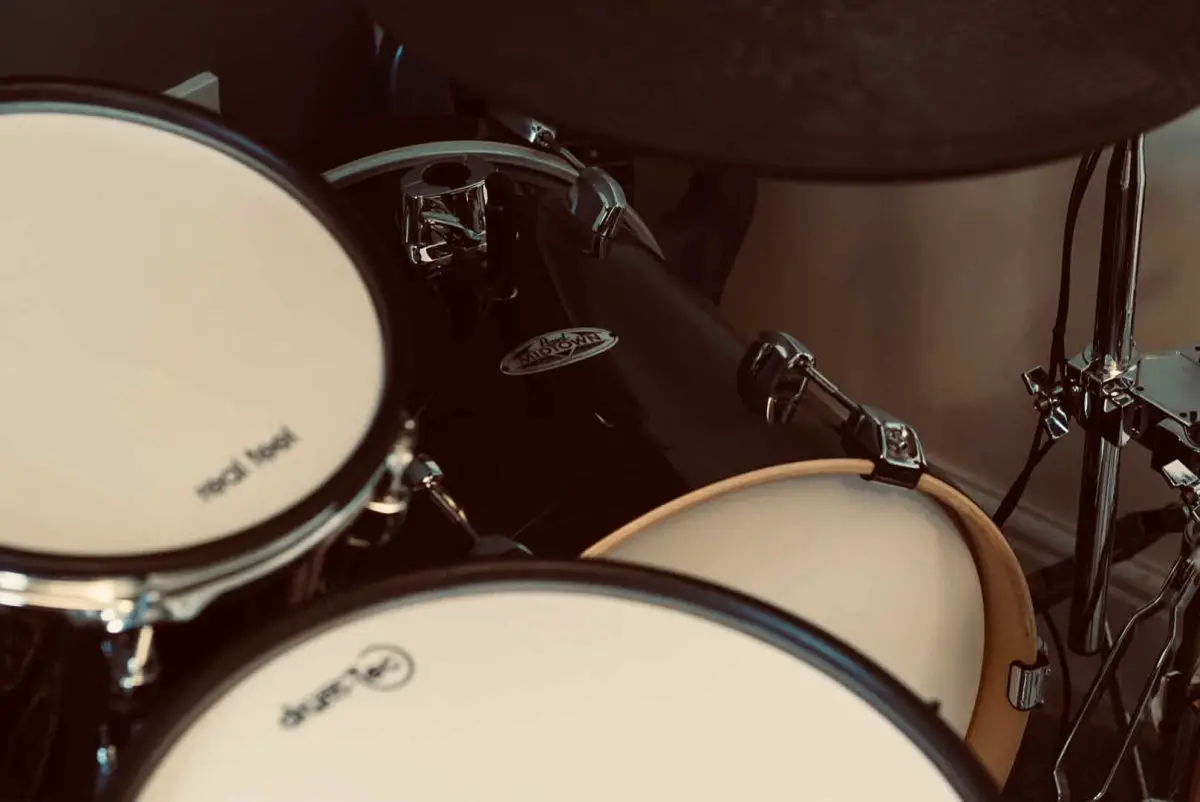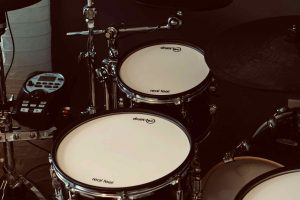It takes 10,000 hours to become a world-class drummer, according to Malcolm Gladwell’s 10,000-hour rule from his book “Outliers: The Story of Success.” Based on a study by Anders Ericsson, Gladwell claims that to achieve world-class skills in any subject, it’s a matter of practising that skill for a long time.
- How long do you need to practice the drums to become a pro drummer?
- I just want to be a competent drummer. How long will it take?
- What should I focus on when practising the drums as a beginner?
- How often should I practice drum rudiments?
- How to learn time keeping on the drums
- What should you do in your drum practise sessions?
- Where can I find resources for learning the drums?
- Are eDrums a good tool to learn the drums?
How long do you need to practice the drums to become a pro drummer?
Based on Malcolm Gladwell’s 10,000-hour rule, if you practised for 20 hours per week, then you could achieve 10,000 hours and theoretically become a world-class drummer in 10 years.
I just want to be a competent drummer. How long will it take?
Of course, it’s not everyone’s goal to become a professional drummer, many aspiring drummers will just want to competently play their favourite songs or be able to keep a beat while playing with a band.
The good news is that the drums are easy to pick up. When I’ve taught absolute beginners in the past, they can usually play a basic 4/4 drum beat competently within about 15 minutes.
With regular practice and by focussing on the right things, you can become a competent drummer relatively quickly. Practising daily is a great way to build your skills more quickly – a 15 to 30-minute session each day will help you learn quicker than a single 2-3 hour session each week.
Daily practice means you’re regularly using your new skills, helping you to internalise them and build on them quickly.
What should I focus on when practising the drums as a beginner?
There are two important areas beginner drummers should focus on:
- Rudiments, which are the building blocks of drumming
- Timekeeping, as it’s the drummer’s role to keep the beat
How often should I practice drum rudiments?
As a beginner drummer, you should spend the majority of your time practising rudiments. At first, all your practice time may be spent on rudiments, but even once you’ve learnt to play a few songs, it’s a good idea to practice at least 10 minutes a day.
There are 26 different drum rudiments most drummers will look to learn, as defined by the Standard American Drum Rudiments, rising to 40 listed in the International Drum Rudiments. That’s from a total of around 850 known drum rudiments from around the world. Read more about rudiments.
Despite starting to play the drums in 2004, I’m still learning to play more and more rudiments, and perfect the ones I do know, playing them faster and with more control with regular practice.
How to learn time keeping on the drums
The other important part of drumming is keeping the time for the band. The single best investment in your drumming journey is a metronome, or, if you have an electronic kit, you’ll find one built into your drum module.
Playing in time is the most valuable skill you can have as a drummer, as it will make you a more dependable band member and easier for others to perform alongside. You should look to practice every drum rudiment and drum groove alongside a metronome at multiple tempos.
Not only will this train you to keep your drumming steady and on time, but it will also help you understand sheet music better, as you’ll get a better understanding of how something written down should sound.
You’ll benefit from the long run too if you ever find yourself in a recording studio, as drums are often recorded to a click track. It’s a good idea to try and build this skill from the start and become a pro at keeping in time!
What should you do in your drum practise sessions?
It’s a good idea to break down your session into a few parts. Here’s what I like to do in a typical 30-minute daily session:
- 15 minutes practising rudiments to a metronome
- 15 minutes playing through a new song I’m learning 2-4 times
As you can see, I split my practice into two parts: practising technique and then applying it by practising the songs I need to learn for my band.
Where can I find resources for learning the drums?
There are plenty of online drumming courses to choose from, but here are two top picks I have personally used in recent years:
Are eDrums a good tool to learn the drums?
Electronic drums can be a good option for learning the drums if you’d otherwise not have access to a kit, or if they allow you to practice more frequently. It’s also quick and easy to record drum covers with electronic drums, which is a great way to track your progress and pick out any bad habits in your playing style.
If you’re thinking about buying your first drum kit, find more tips in our guide on whether it’s better to learn on acoustic or electronic drums.



